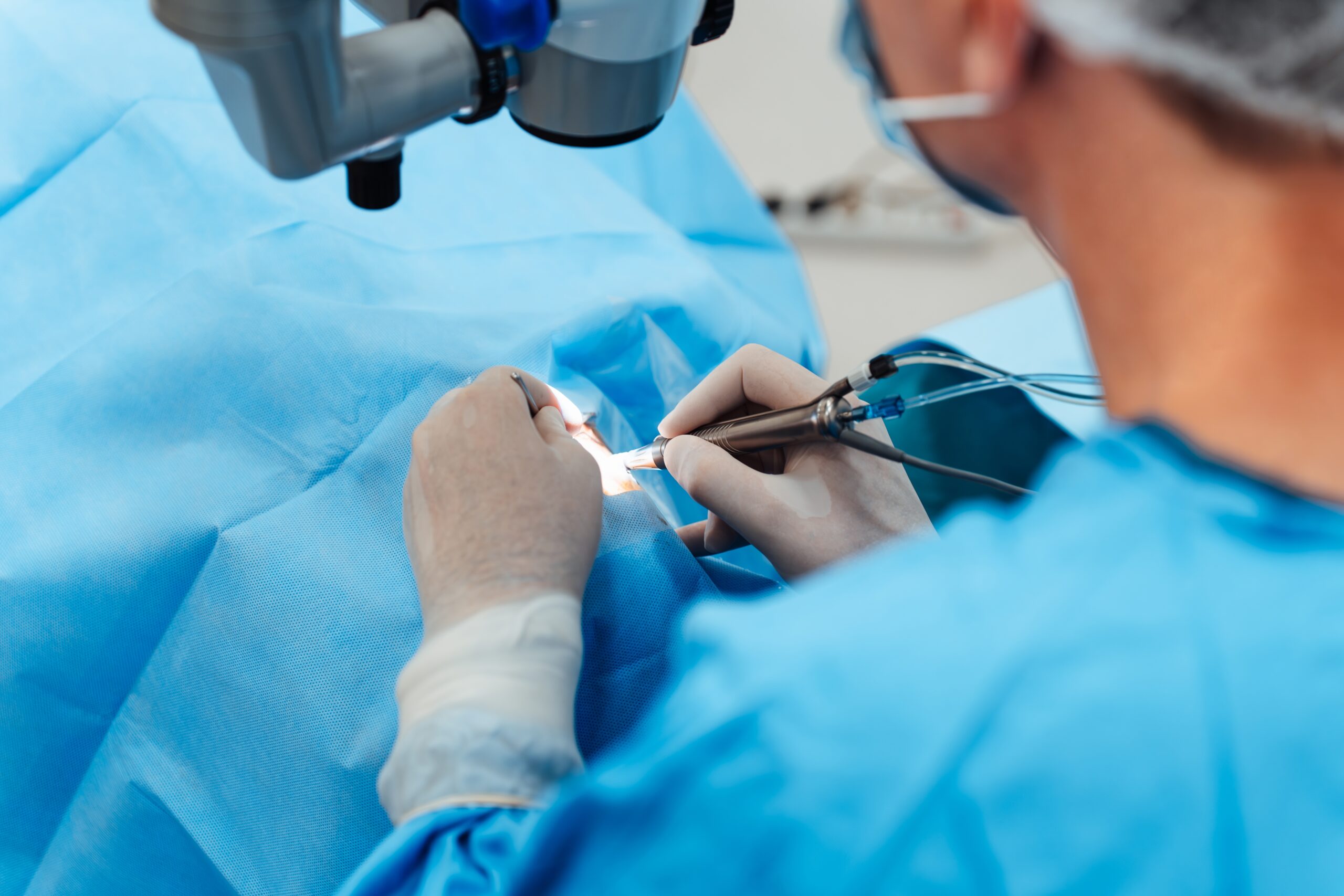Home » What Is an Ophthalmologist?
An ophthalmologist is a medical doctor specializing in diagnosing and treating a wide range of eye conditions, performing surgeries, and providing overall eye health management. Ophthalmologists complete extensive medical training, making them the most specialized professionals in eye care.

The journey to becoming an ophthalmologist is long and rigorous, involving multiple years of specialized education:
Ophthalmologists are uniquely equipped to handle all aspects of eye health, from routine exams to complex surgeries. Their range of services includes:
Ophthalmologists and optometrists often work closely together to provide comprehensive eye care. Optometrists focus on routine eye exams, vision correction, and treating common conditions like dry eyes or conjunctivitis. When an optometrist detects a more serious problem or identifies the need for surgery, they refer the patient to an ophthalmologist. This team approach ensures that patients receive specialized care when necessary, while still benefiting from regular check-ups and non-invasive treatments with their optometrist.
For instance, if a patient’s glaucoma progresses to a stage where medication is no longer effective, the optometrist may refer them to an ophthalmologist for surgical options. Similarly, patients needing cataract removal would be sent to an ophthalmologist for the procedure, and then return to their optometrist for follow-up care and vision management post-surgery.
Regular visits to an ophthalmologist can help catch eye problems early before they lead to permanent damage or loss of vision. Many eye conditions, like glaucoma or macular degeneration, develop slowly and without symptoms in their early stages. Routine exams, especially for older adults or those with a family history of eye disease, can lead to early detection and treatment, preventing irreversible vision loss.
Moreover, some systemic conditions, such as hypertension and diabetes, can affect eye health. Changes in the retina can reveal underlying health issues, prompting further medical evaluation and management. Thus, ophthalmologists not only manage eye health but also contribute to the detection of broader health concerns.
Children with vision problems require prompt attention to prevent long-term developmental issues. Pediatric ophthalmologists specialize in diagnosing and treating eye conditions in children. Early detection of problems like amblyopia or strabismus ensures the child receives corrective measures at a critical period for visual development.
Vision screenings for children are crucial because they help identify issues that may affect learning and academic performance. For example, undiagnosed refractive errors can result in poor school performance, and early correction can significantly improve a child’s quality of life.
Aging populations are particularly at risk for conditions like cataracts, glaucoma, and macular degeneration. Regular eye exams for seniors allow for the timely treatment of these conditions, which can otherwise lead to severe vision impairment or blindness. Ophthalmologists play a vital role in managing these conditions, offering both medical treatments and surgical solutions to improve the quality of life for older adults.
For example, cataract surgery is one of the most common and successful procedures performed by ophthalmologists. It significantly improves the vision of patients suffering from cloudy lenses due to aging. Glaucoma management also requires long-term care, with ophthalmologists adjusting treatments based on disease progression.
Ophthalmology is a broad field, and many ophthalmologists choose to specialize in particular areas, providing focused care for complex conditions. Some subspecialties include:
Modern ophthalmology heavily relies on technological advancements for both diagnosis and treatment. Tools like OCT, laser surgery, and computer-assisted procedures have revolutionized eye care, allowing ophthalmologists to detect issues earlier and treat them with greater precision. These advancements improve patient outcomes and reduce recovery times.
Ophthalmologists also use telemedicine and digital platforms to consult with patients remotely, offering convenience and expanding access to care, especially in rural or underserved areas.
Regular visits to an eye doctor ensure comprehensive eye care, keeping vision clear and healthy throughout a patient’s life. At Tennessee Eye Care, we are committed to providing the highest standard of care for your vision. Whether you need a routine eye exam or advanced treatment for complex eye conditions, our expert team is here to help. Trust us with your eye health and experience personalized, professional care in a welcoming environment. Schedule your appointment today and take the first step toward clearer vision and healthier eyes!